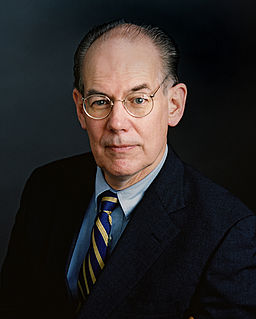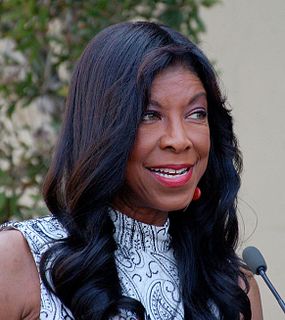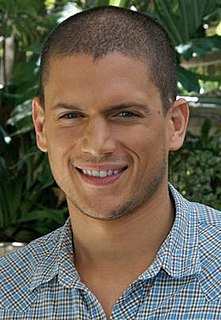A Quote by Carol S. Dweck
The wrong kind of praise creates self-defeating behavior. The right kind motivates students to learn.
Related Quotes
What is the most fascinating kind of self-deception to me, and a kind that isn't necessarily unhealthy, is what Friedrich Nietzsche called "strategic self-deception." The kind of self-deception that you can engage in with your eyes wide open. You do it because you say, "There's things that I couldn't accomplish without this kind of self-deception."
I'm trying to educate people about things that I believe are right, and some of the things that I believe are right might not be right, so I live in constant self-doubt. I think that creates a kind of search that you have to have, and it prevents you from doing a lot of stuff that you would normally do.
The ethos of 50 years ago was that there was one kind of English that was right and everything else was wrong; one kind of access that was right and everything else was inferior. Then nobody touched language for two generations. When it gradually came back in, we didn't want to go back to what we did in the 1950s. There's a new kind of ethos now.
We all have to strive to learn what motivates us, learn from our experiences, and what feels right and what feels wrong. There's a strong component over the years to having formal processes that help to identify lessons that need to be learned, and actions that need to be taken. In other words, how do you find the big idea?
In short, my vision of a responsible free society is one in which we discourage evil, but do not prohibit it. We make our children and students aware of the consequences of drug abuse and other forms of irresponsible behavior. But after all our persuading, if they still want to use harmful drugs, that is their privilege. In a free society, individuals must have the right to do right or wrong, as long as they don't threaten or infringe upon the rights or property of others. They must also suffer the consequences of their actions, as it is from consequences that they learn to choose properly




































